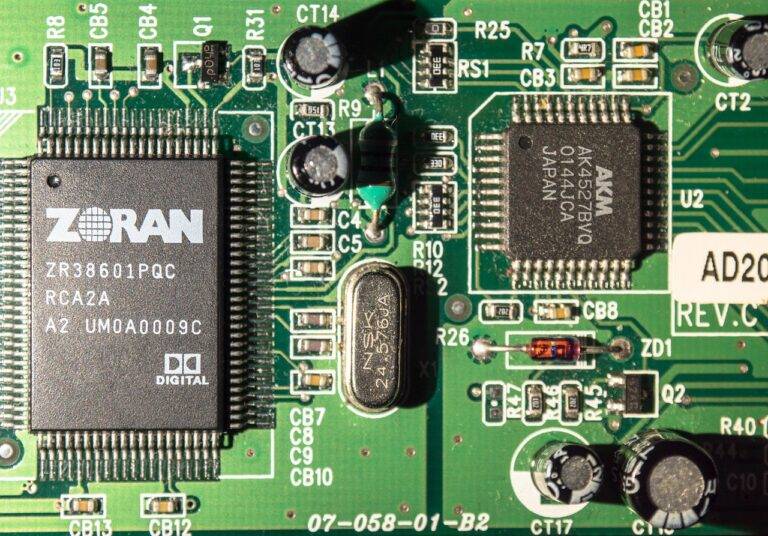The Evolution of Smart Retail Technologies
Smart retail technologies are transforming the way businesses operate and the way consumers shop. From automated checkout systems to personalized shopping experiences, these innovations are reshaping the retail landscape. In this article, we’ll explore the evolution of smart retail technologies and their impact on the industry.
The Rise of Smart Retail
Smart retail refers to the integration of technology into every aspect of the retail process, from inventory management to customer service. This trend has been driven by advances in artificial intelligence, machine learning, and the Internet of Things (IoT), which have made it possible to collect and analyze vast amounts of data in real-time.
Key Technologies
1. RFID Technology: RFID tags allow retailers to track inventory in real-time, reducing stockouts and improving supply chain efficiency.
2. Smart Shelving: Smart shelving systems use sensors to detect when products are removed or replaced, enabling automatic inventory management.
3. Beacon Technology: Beacons use Bluetooth Low Energy (BLE) signals to communicate with smartphones, providing retailers with insights into customer behavior and enabling personalized marketing campaigns.
4. Augmented Reality (AR): AR technology allows customers to visualize products in their environment before making a purchase, enhancing the shopping experience and reducing returns.
5. Chatbots and Virtual Assistants: Chatbots and virtual assistants provide customers with personalized recommendations and assistance, improving customer service and driving sales.
Impact on Retail Operations
Smart retail technologies have revolutionized retail operations in several ways:
- Streamlined Inventory Management: Automated inventory tracking and replenishment systems reduce the risk of stockouts and overstocking.
- Enhanced Customer Experience: Personalized recommendations and targeted marketing campaigns based on customer data improve customer satisfaction and loyalty.
- Improved Efficiency: Automation of routine tasks such as checkout and restocking frees up employees to focus on higher-value activities.
- Data-Driven Insights: Advanced analytics provide retailers with valuable insights into customer preferences, purchasing behavior, and market trends.
Challenges and Opportunities
While smart retail technologies offer numerous benefits, they also present challenges:
- Integration Complexity: Integrating disparate systems and technologies can be complex and require significant investment.
- Data Privacy and Security: Collecting and storing large amounts of customer data raises concerns about privacy and security.
- Employee Training: Retailers must invest in training employees to use new technologies effectively.
- Adoption Barriers: Small and medium-sized retailers may face barriers to adopting smart retail technologies due to cost and resource constraints.
Future Outlook
The future of retail is undoubtedly smart. As technology continues to advance, we can expect to see even more innovative solutions that further enhance the retail experience for both businesses and consumers.
FAQs
Q: What are smart retail technologies?
A: Smart retail technologies integrate advanced technologies such as RFID, IoT, and artificial intelligence to streamline retail operations and enhance the shopping experience.
Q: How do smart retail technologies benefit businesses?
A: Smart retail technologies improve inventory management, enhance customer experience, increase operational efficiency, and provide valuable insights into customer behavior.
Q: What are some challenges associated with adopting smart retail technologies?
A: Challenges include integration complexity, data privacy and security concerns, employee training, and adoption barriers for small and medium-sized retailers.





